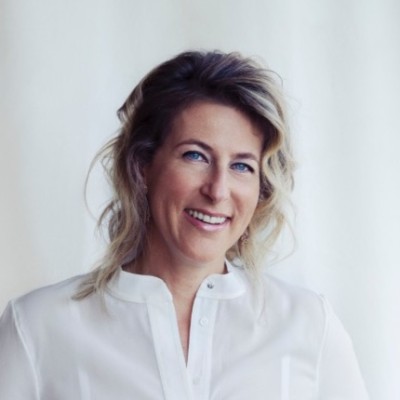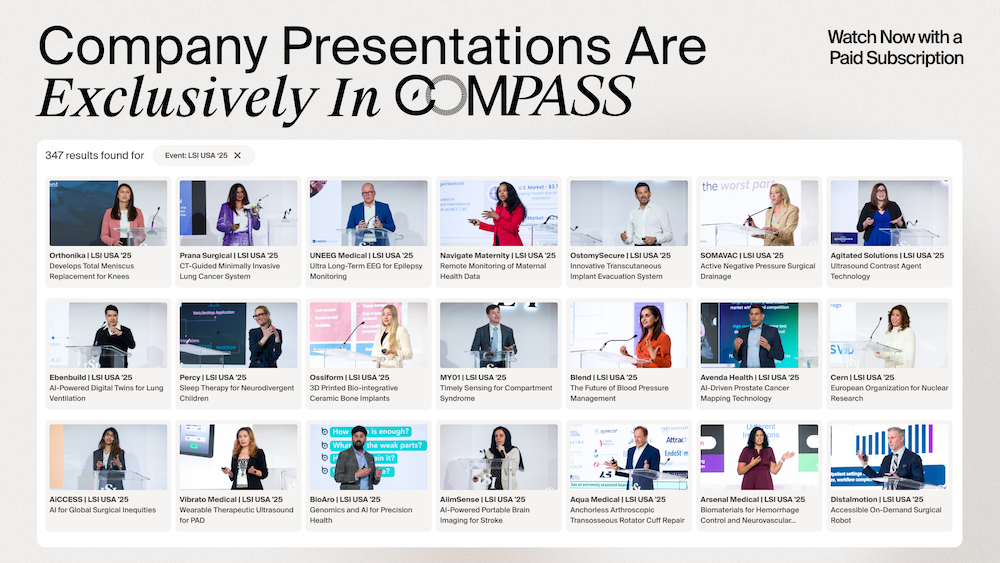- Video Library
- Laurence Blazianu, PreciHealth - Simple Intuitive Blood Draws | LSI USA '24
Laurence Blazianu, PreciHealth - Simple Intuitive Blood Draws | LSI USA '24
shaping the future of
Medtech at LSI USA ‘26
Waldorf Astoria, Monarch Beach

Laurence Blazianu
- Business and result oriented, translate global strategy into operational milestones and financial targets
- Drive business changes for establishing & improving financial performance
- Leadership for bringing discipline in business planning and deploying best practices
- Reporting to board and shareholders
- Excellent communication skills, lateral thinker, strong negotiations capabilities, high ethics, and a creative spirit solution orientation
Spread of experience within different healthcare companies (Pharma/Biotech/MedTech/i-health) and investment firms (Credit Suisse, Cukierman & Co Lifesciences) supporting executive corporate missions.
Laurence Blazianu
- Business and result oriented, translate global strategy into operational milestones and financial targets
- Drive business changes for establishing & improving financial performance
- Leadership for bringing discipline in business planning and deploying best practices
- Reporting to board and shareholders
- Excellent communication skills, lateral thinker, strong negotiations capabilities, high ethics, and a creative spirit solution orientation
Spread of experience within different healthcare companies (Pharma/Biotech/MedTech/i-health) and investment firms (Credit Suisse, Cukierman & Co Lifesciences) supporting executive corporate missions.

17011 Beach Blvd, Suite 500 Huntington Beach, CA 92647
714-847-3540© 2026 Life Science Intelligence, Inc., All Rights Reserved. | Privacy Policy







